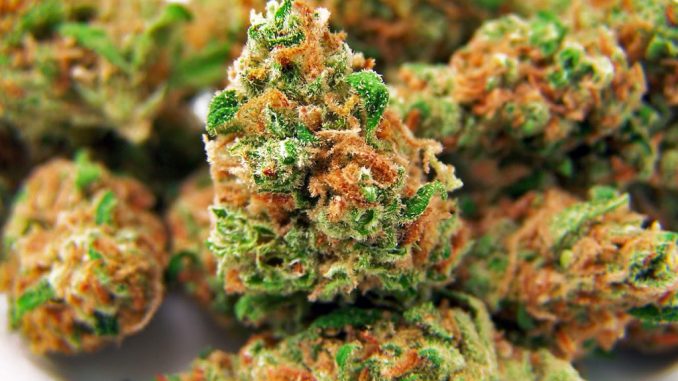
A new study in addiction suggests intentional cannabis use could help people quit smoking crack cocaine.
The new study was conducted in Canada and released last month in the journal Addictive Behaviors.
It hails the potential of cannabinoids for the treatment of crack use disorders.
The Anti Media reports:
The analysis “investigated the intentional use of cannabis to reduce crack use among people who use illicit drugs,” studying 122 individuals between 2012 and 2015. Researchers at St. Paul Hospital in Vancouver and at the University of Montreal documented 620 instances of participants intentionally choosing to use cannabis to curb their use of crack cocaine.
The researchers concluded:
“A period of intentional cannabis use to reduce crack use was associated with decreased frequency of crack use in subsequent periods among PWUD [people who use illicit drugs].”
Expressing optimism that cannabis has the potential to reduce use of the harmful drug, the researchers concluded that “[f]urther clinical research to assess the potential of cannabinoids for the treatment of crack use disorders is warranted.”
Their findings actually confirm previous research from Brazil, where researchers found that the “therapeutic use of cannabis reduced crack cocaine cravings and use patterns in drug dependent subjects,” as summarized by NORML, a pro-cannabis advocacy group.
From that small 1999 study:
“Most of the subjects in our study (68% or 17 individuals) ceased to use crack and reported that the use of cannabis had reduced their craving and produced subjective and concrete changes in their behavior, helping them to overcome addiction.”
They also reported that the “majority of people in this study became more pragmatic, showed better moods, returned to work, and resumed their studies or interest in activities that they had been engaged in prior to the use of crack.”
They noted their sample size was small and called for further research, which has come — at least in part — with the recent findings out of Vancouver. Similarly, research in the United States is finding that cannabis may help reduce opioid addiction and overdose. Opiate overdose rates have dropped significantly in states that allow access to medical marijuana.
In 1999, the Brazilian researchers cautioned that their findings would not be feasible unless “we are willing to counter dogmas, fears, and prejudice” surrounding the plant. Nearly 20 years later, it appears societies around the world are increasingly willing to do just that as the medicinal effects of cannabis become increasingly apparent.
Source Article from http://yournewswire.com/study-intentional-cannabis-crack-cocaine/
 RSS Feed
RSS Feed















 May 6th, 2017
May 6th, 2017  Awake Goy
Awake Goy  Posted in
Posted in  Tags:
Tags: 













